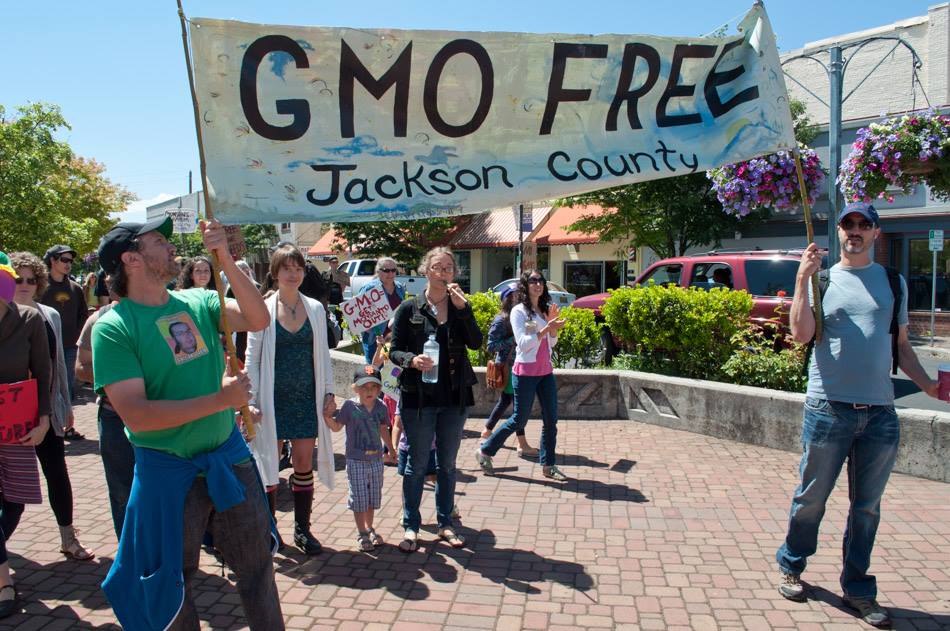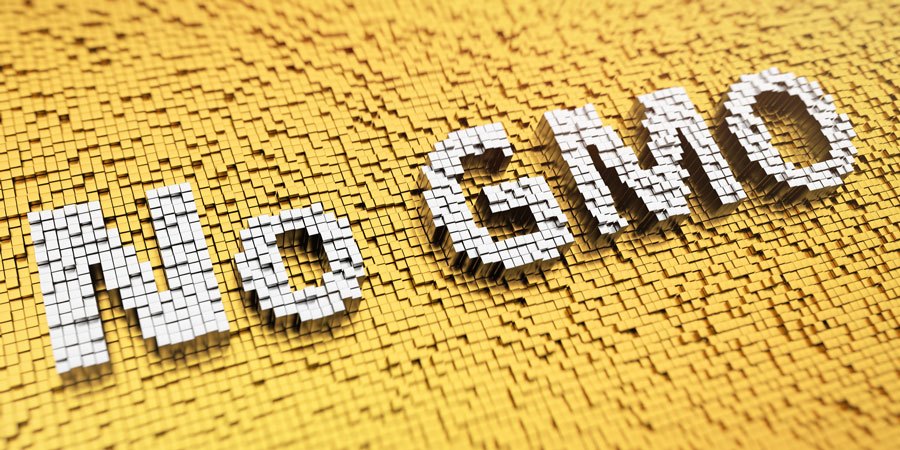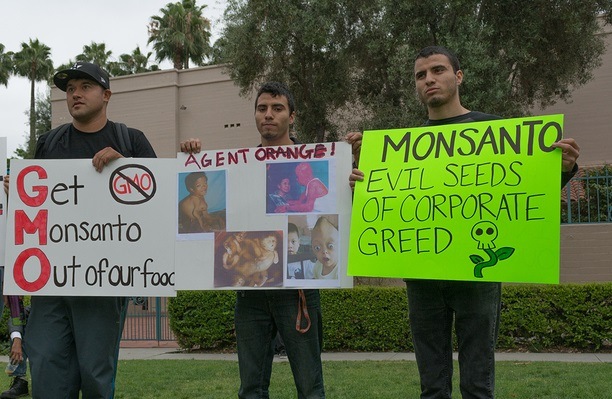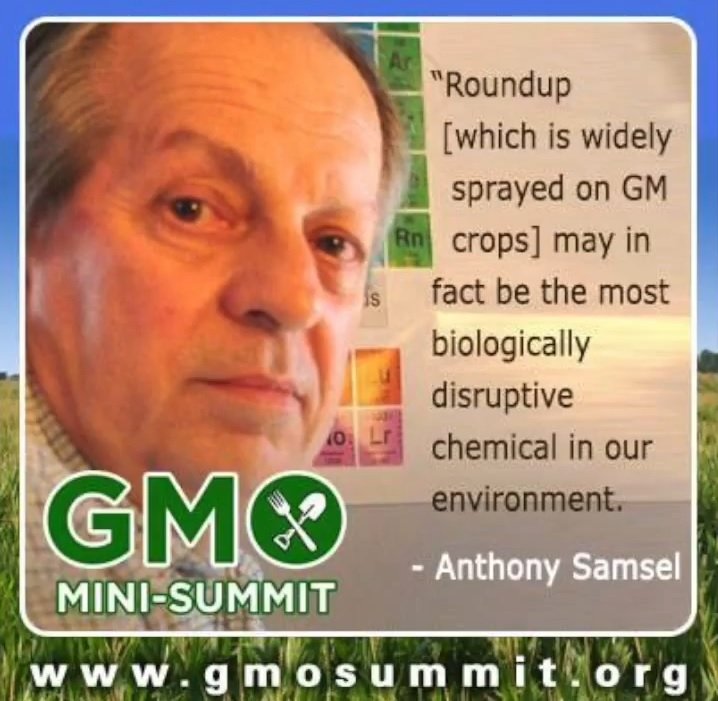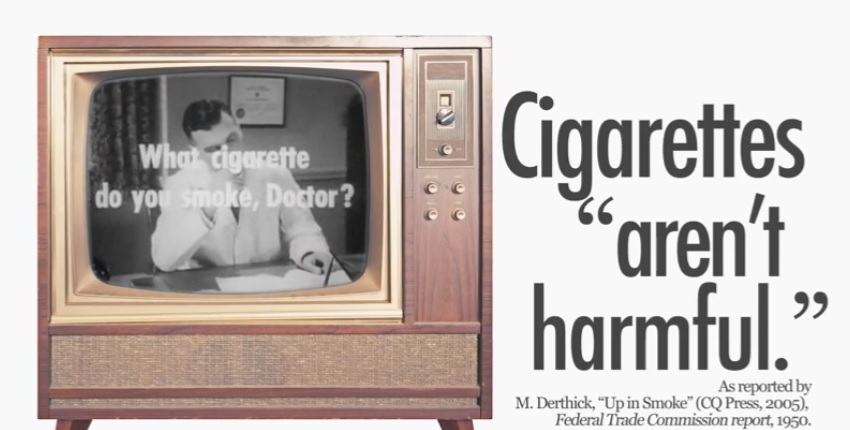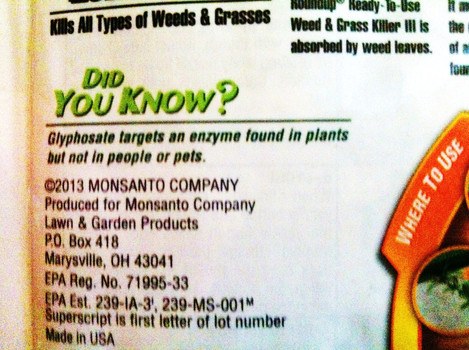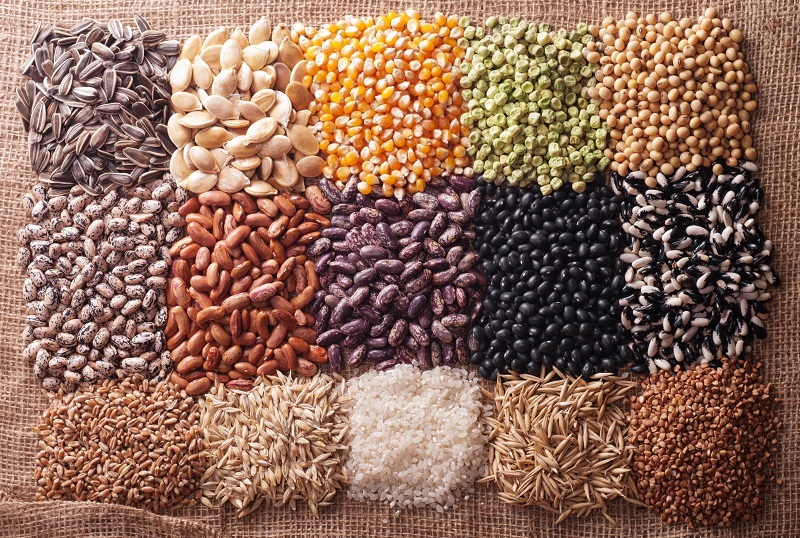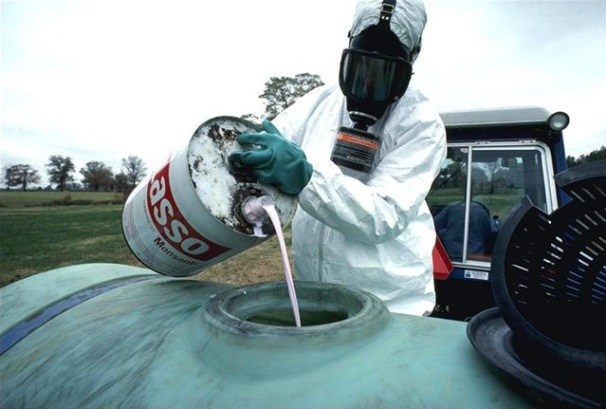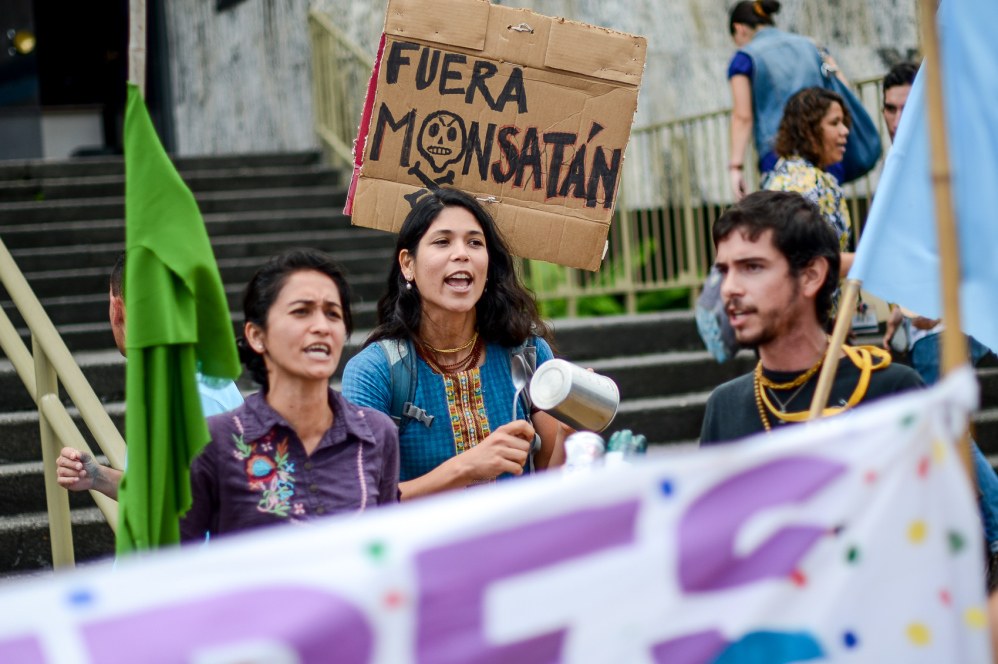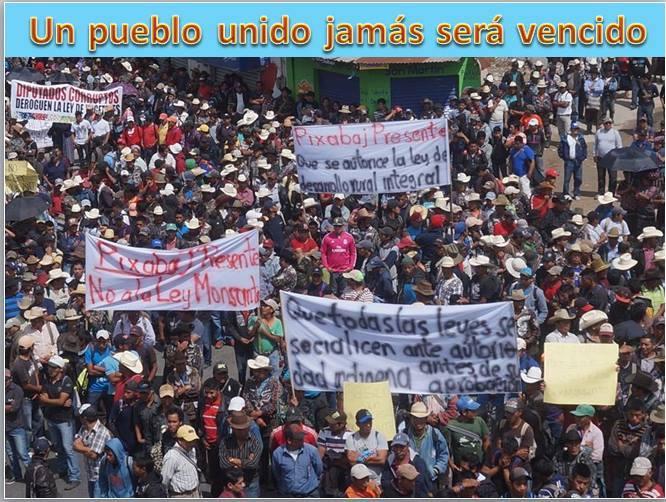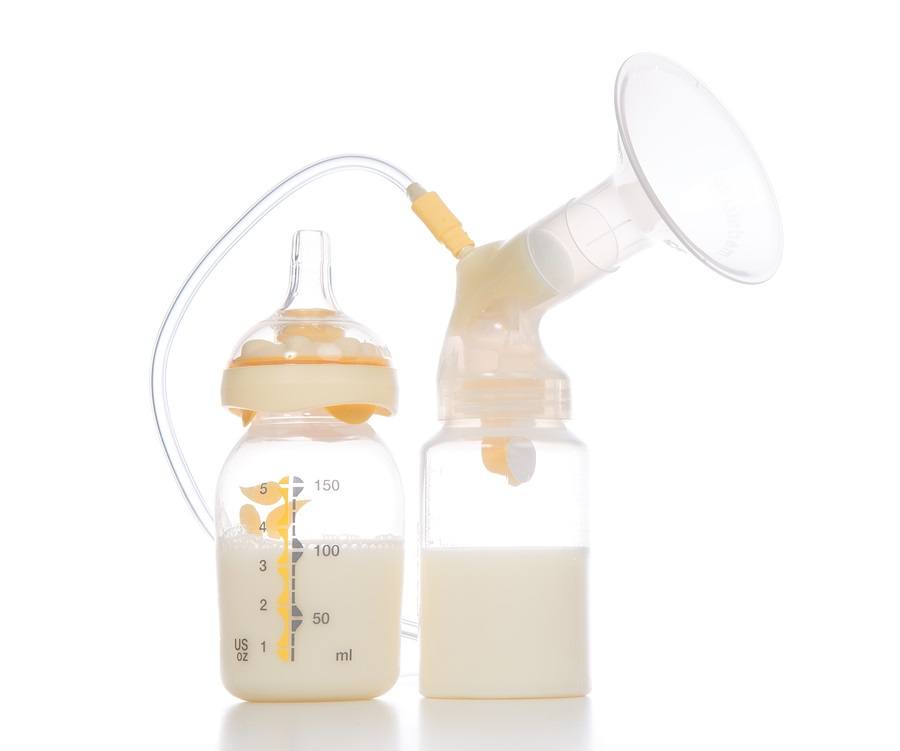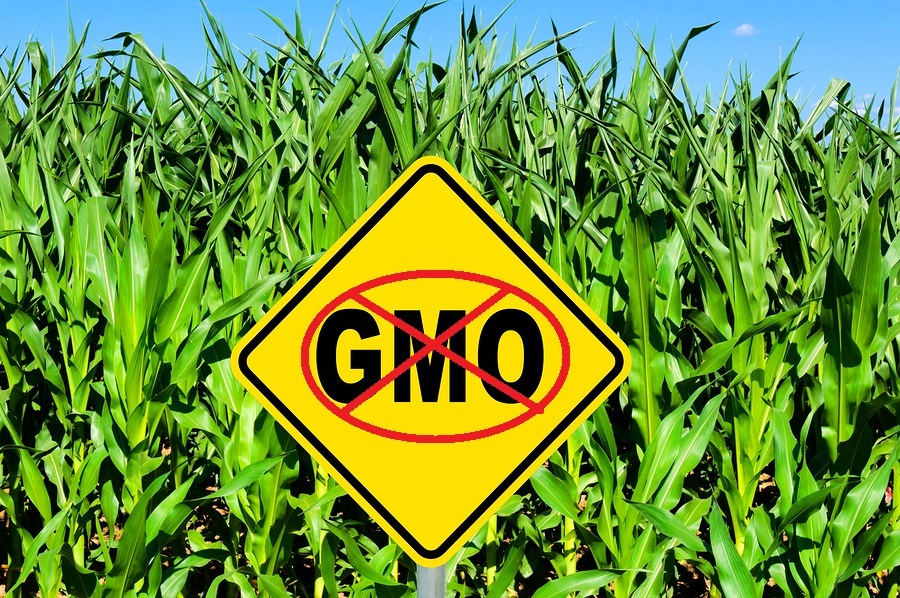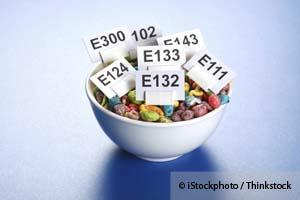Controlling Weather for Profit: Geoengineering and World Dominance
This is the final part in a two part series about the spraying of toxic particles in the atmosphere. The spraying of nanoparticles of aluminum, barium, strontium, and other substances produces persistent contrails that spread out over the course of a day to form artificial clouds in the skies over America and large parts of the world. The first article described the creation of these clouds by jet aircraft and described the health consequences. Regardless of why persistent contrails are being sprayed, the health hazards are serious. The aluminum that is in the spray is associated with Alzheimer’s, Parkinson’s, Lou Gehrig's disease, autism, developmental delays, and other neurological conditions. These particles can enter into any cell of the body and cause Inflammation and disrupt normal life processes. Heart disease, pulmonary failure, and cancer are linked to high level exposure to particulates in the atmosphere. President Obama recently spoke on climate change and said that the climate problem, “is not simply a danger to be avoided – this is an opportunity to be seized.” It appears that Monsanto and other corporations are getting in line to seize the opportunities that are about to develop. Monsanto is developing abiotic seeds, which will be able to withstand drought and severe storms. So, if your country is having unusually stormy weather or is experiencing drought, then Monsanto seeds will still give you a crop, while your neighbors who don’t use Monsanto seeds will experience crop failures. Monsanto also has a solution for all the nanoparticles of aluminum that are being sprayed into the air, and which eventually fall to the ground where it accumulates in the soil at highly toxic levels. Monsanto has developed an aluminum resistant gene that they can insert into the next generation of their seeds. This means that it won’t matter how much aluminum accumulates in the soil from aerial spraying, because Monsanto crops will still thrive, while the crops grown from non-GMO seeds will just turn yellow and die because of the excess aluminum. Monsanto will be ready for the future and will have seeds for every contingency.





